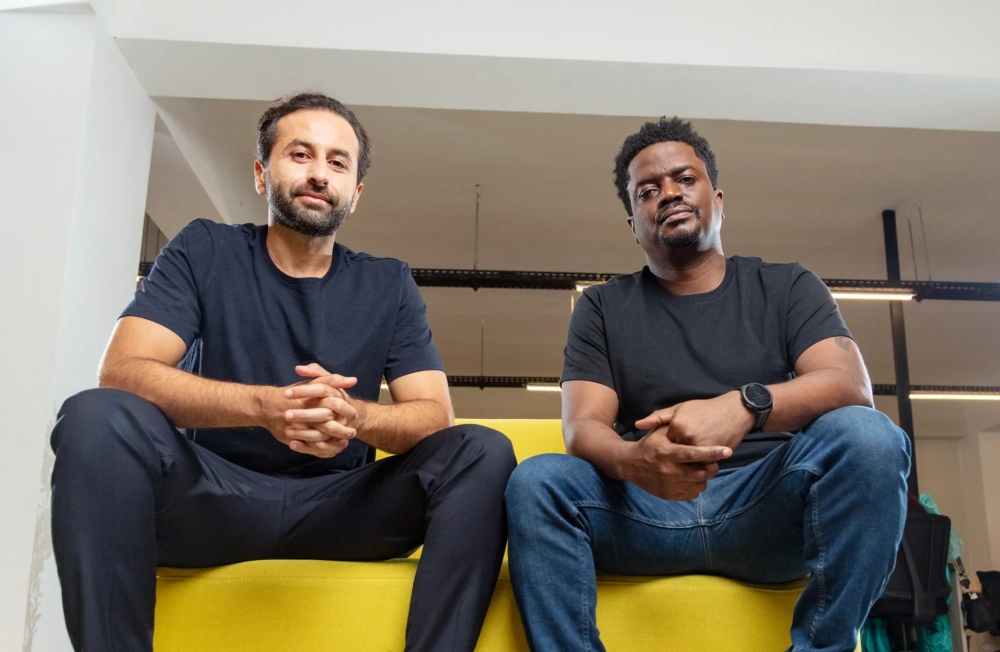This investment surpasses the $14 million Series A round raised in 2022, making it the largest funding round ever secured by a startup from Côte d'Ivoire. Although Djamo’s co-founder and CEO, Hassan Bourgi, confirmed that the company’s valuation has doubled following the investment, he did not disclose the exact figure.
Djamo was founded in 2020 by Hassan Bourgi and Regis Bamba, who serves as Head of Product and Technology. Their goal is to increase access to financial services in Francophone Africa, particularly in countries where a significant portion of the population remains unbanked. In these regions, traditional banks primarily cater to the wealthy, while the majority rely on mobile money systems. However, these systems typically offer only basic services—such as cash withdrawal, money transfers, and bill payments—and lack more advanced features like credit, investment, or long-term savings.
Djamo aims to fill this gap by combining the accessibility of mobile money with the depth of banking infrastructure. The platform offers a more flexible and comprehensive financial service to users, following a model similar to successful Nigerian fintechs like Opay and PalmPay.
The startup’s primary audience is the younger generation. These users are eager to move beyond basic mobile money services and adopt more advanced financial products, but often find traditional banks either too expensive or inadequate in service quality. Djamo seeks to provide a modern, affordable alternative tailored to this demographic.
The company no longer limits itself to card and peer-to-peer transfer services. Users can now access savings tools, investment products, and salary-linked bank accounts. Notably, Djamo has become the first startup in the region to obtain a broker license, allowing it to offer investment services.
Currently, only about 5–10% of users receive their salaries through Djamo, but the company aims to increase this number to 50%. To achieve this, it operates both through its digital platform and field agents who engage directly with customers, using a hybrid model similar to mobile money distribution networks.
Around 55% of Djamo’s users are unbanked, and 90% of them use the platform as their primary financial service provider. These users are considered to have strong long-term potential, as they see Djamo not just as a supplementary service but as their main financial tool.
The company is also expanding its services to small businesses. Approximately 10,000 small entrepreneurs already use Djamo to accept payments via links, mass payouts, and QR codes. Most of these business users originally joined the platform as individuals.
Djamo generates revenue primarily from commissions on online card transactions and from paid plans subscribed to by 25% of its users. The company is also working on additional revenue streams, including credit products, interest-bearing savings accounts, and deposit-based earnings. The necessary licensing processes to offer these services are currently underway.
According to the founders, Djamo’s revenue has increased fivefold since 2022, and the platform has processed over $4.5 billion in transactions to date.







